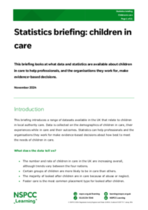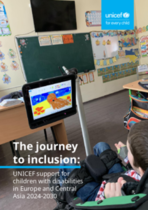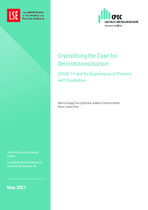This study addresses a critical knowledge gap regarding alternative care in Thailand's Southern Border Provinces (Pattani, Yala, Narathiwat, Satun, and Songkhla), where the population is predominantly Muslim with a strong ethnic Malay identity. The research investigates various forms of alternative care, including institutional care (Pondok and Hafiz institutions, government boarding schools, private orphanages) and family-based care, examining the quality of care, available social services, and cultural context.






